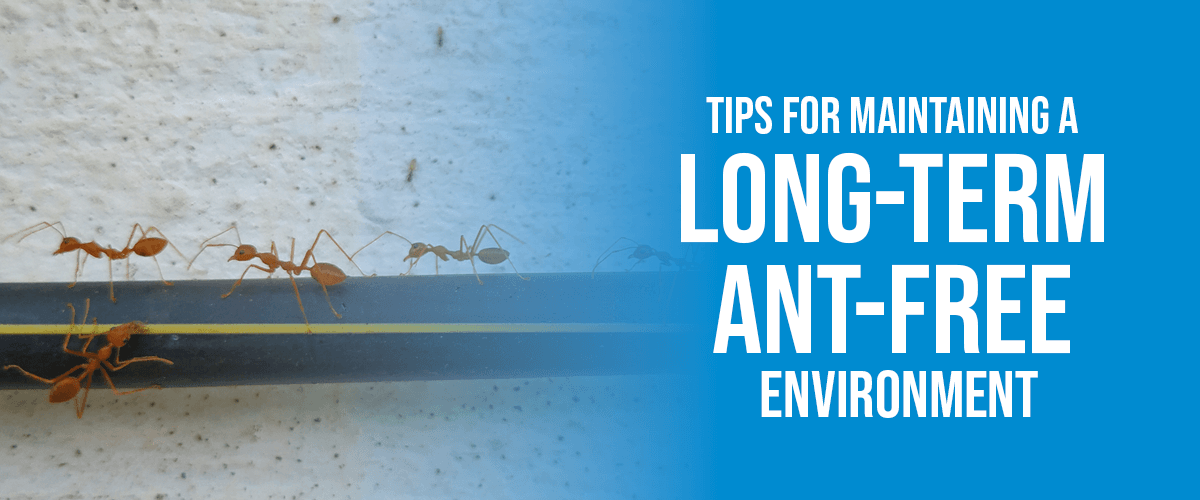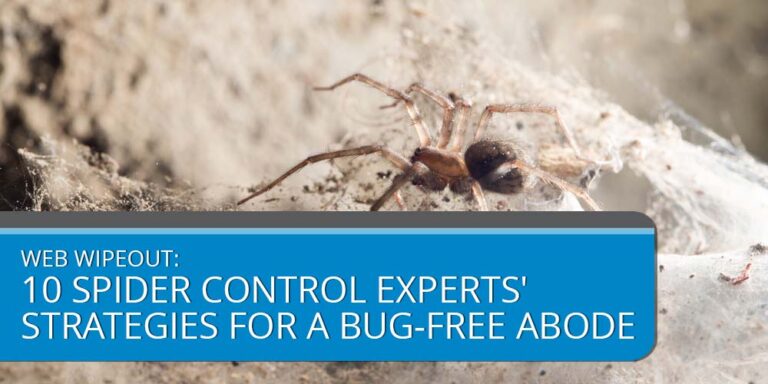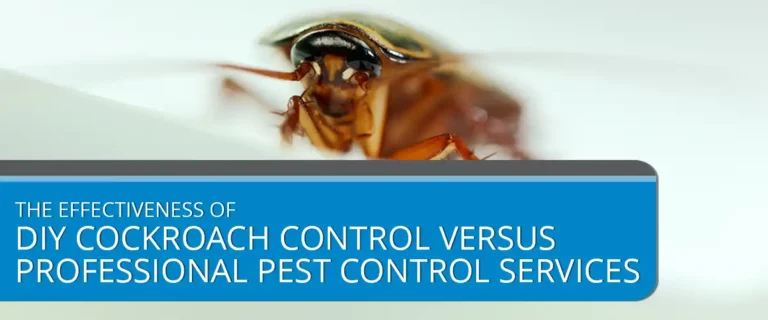Tips for Maintaining a Long-Term Ant-Free Environment
Have you encountered the exasperating situation of discovering a battalion of small intruders parading across your kitchen countertop or clustering around a spilled substance? Ants can be persistent little creatures despite causing annoyance, contamination, and even damage to your property. Maintaining an ant-free environment is crucial for the comfort and cleanliness of your living space.
In addition, ant control refers to the strategies and techniques to manage and prevent ant infestations. Whether it’s a few stray ants or a full-blown invasion, implementing effective ant control measures is essential to regain control over your home and eliminate these pesky pests. Therefore, taking proactive steps to prevent and control ant infestations is necessary.
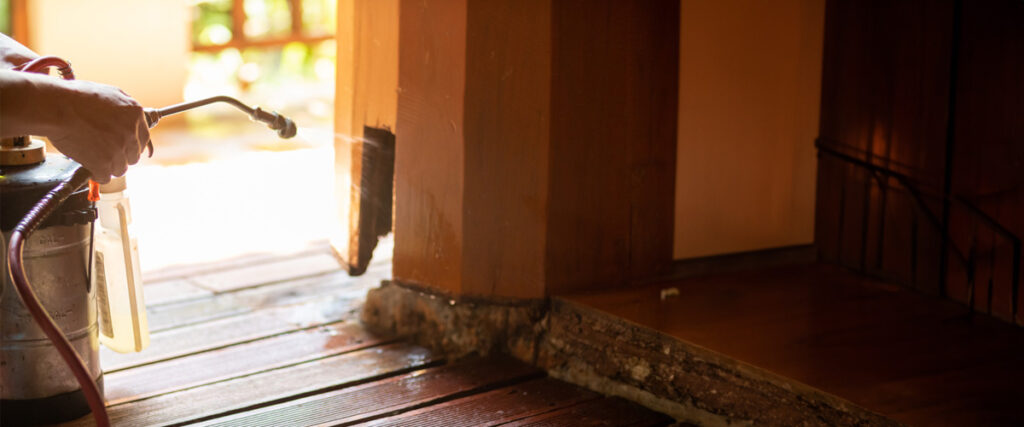
Ant Control Methods
Effective control methods are crucial when keeping your home free from pesky ants. You need to know these strategies for effective ant prevention and eradication:
1. Chemical Products
Chemical ant control products can be powerful allies in the battle against ants. While they often come in sprays, baits, or granules containing ingredients to eliminate ants and their colonies, it’s also essential to consider other ant control methods. However, it is necessary to assess their potential drawbacks, such as harsh chemicals and the need for caution when using them around children or pets.
2. Natural Remedies
Those with a more natural approach prefer several effective remedies for everyday household items:
- With its strong scent, vinegar can disrupt ant trails and deter them from entering your home.
- Citrus peels and essential oils, such as lemon or peppermint, are also known to repel ants.
- Diatomaceous earth, derived from fossilized algae and finely ground into a powder, certainly offers a natural solution for deterring ants by creating a protective barrier.
3. Physical Barriers
Physical barriers can be a valuable tool in ant control. Simple items like tape, chalk lines, or glue traps can significantly impede ants’ movement and prevent them from accessing certain areas. By setting up these barriers, you establish hindrances that ants must overcome, providing you with a strategic advantage in combating these relentless pests.

Prevention Techniques
Dealing with ants can be annoying for homeowners; moreover, it highlights the importance of prevention in effectively deterring their presence. The following are the top prevention techniques you should implement to ensure an ant-free environment in your home:
1. Keeping Food Contained and Sealed
Since ants are drawn to food sources, maintaining a clean and well-organized pantry and kitchen area becomes essential in deterring their presence. To prevent ants from accessing your food, keep it in firmly sealed containers. Regularly sweep floors and clean countertops to remove any food particles that might entice these unwanted guests.
2. Regular Cleaning Habits
It’s essential to keep your house tidy and organized to deter ants. Ants are less likely to establish a presence in a clean home. Regular sweeping, vacuuming, and dusting also help eliminate food crumbs and potential ant attractants.
3. Eliminating Excess Moisture
Like humans, ants need water to survive. Making your space less hospitable for these moisture-seeking pests is undoubtedly a proactive step in preventing ant infestations. To eliminate excess moisture that may attract ants, you can take specific actions, such as:
- Fixing leaky pipes
- Sealing moisture-prone areas
- Using dehumidifiers
4. Proper Waste Management
Trash cans can be an open invitation for ants. Proper waste management includes using tightly sealed garbage bins and promptly disposing of trash. Regularly emptying and cleaning your containers will discourage ants from feasting on the leftovers and potentially establishing a colony nearby.

Cleaning Habits
Frequent cleaning is essential for maintaining a home that is both healthy and conducive to happiness, but did you know that certain cleaning habits can also help keep ants at bay? For your home to be ant-free, embracing the top cleaning practices listed below would be great:
1. Properly Storing Food and Disposing of Waste
Storing food and disposing of the waste is crucial, especially in maintaining an ant-free environment:
- Keep food in airtight containers or refrigerators
- Clean up any spills or crumbs
- Empty trash bins regularly to remove potential food sources that may attract ants
2. Sanitizing Surfaces and Floors
Regularly sanitizing surfaces and floors is a crucial aspect of ant control. To maintain clean countertops, you can utilize a solution of mild detergent or vinegar and other characteristics where food is prepared or consumed. Mopping floors with warm water and cleaner will help eliminate any ant-attracting residues.
3. Daily Cleaning Tips
Consistency is vital in maintaining an ant-free environment. Incorporating daily cleaning habits into your routine is an effective way to prevent ants from invading your space:
- Wipe down kitchen surfaces meticulously after each use
- Diligently sweep floors to remove any food particles
- Promptly clean up spills or crumbs without delay.
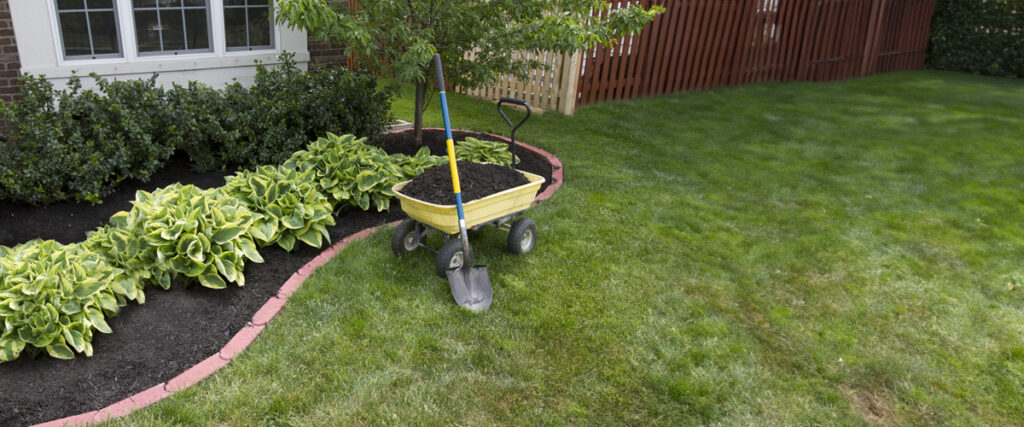
Outdoor Maintenance
Creating a pleasant outdoor environment free from ants necessitates regular maintenance and the implementation of effective pest control strategies. Explore the following essential practices and proven techniques to cultivate an ant-free and enjoyable outdoor space for everyone:
1. Eliminate Moisture and Standing Water
This discourages ants from your outdoor space. Moreover, fixing leaks, ensuring proper drainage, and promptly removing stagnant water from containers or puddles are crucial.
2. Trimming Vegetation and Landscaping
This removes hiding spots and access points for ants. Well-groomed bushes, trees, and grass make it significantly harder for ants to establish colonies.
3. Sealing Cracks and Gaps
Maintain a frequent inspection schedule and seal any visible cracks or crevices in walls, windows, doors, and utility lines. You create a barrier against ant intrusion by closing off potential entry points.
4. Natural Deterrents
It can help repel ants from your outdoor areas. Planting certain herbs or flowers like mint, cloves, or lavender can emit scents that ants find particularly unpleasant. These natural aromas act as solid deterrents, making ants significantly less likely to approach areas where these plants are present.

Lasting Solutions for Ant-Free Living!
Lastly, effective ant control and prevention require chemical products, natural remedies, physical barriers, and diligent cleaning and outdoor maintenance habits.
Moreover, maintaining an ant-free environment is not just about short-term relief; it’s about ensuring your home’s long-term comfort, health, and structural integrity. By consistently applying these methods and techniques, you can create a living space that is both hygienic and free from ant infestations, promoting a higher quality of life for you and your family.
References:
- Rust, M. K., Choe, D.-H. (2012) ANTS retrieved from https://ipm.ucanr.edu/legacy_assets/pdf/pestnotes/pnants.pdf
- Alder, P., Waldvogel, M.(2018, December 31). A Guide to House-Invading Ants and Their Control. [Publications] Retrieved from https://content.ces.ncsu.edu/a-guide-to-house-invading-ants-and-their-control

